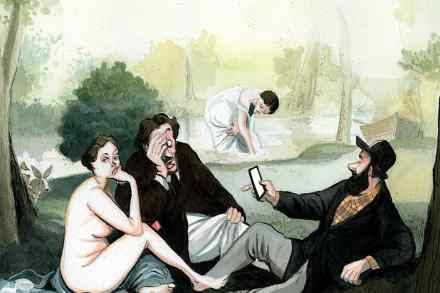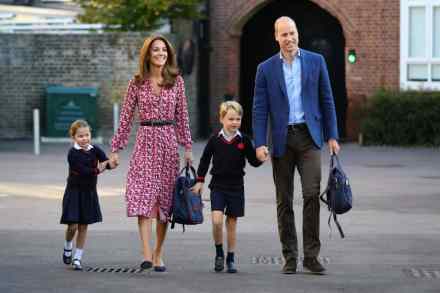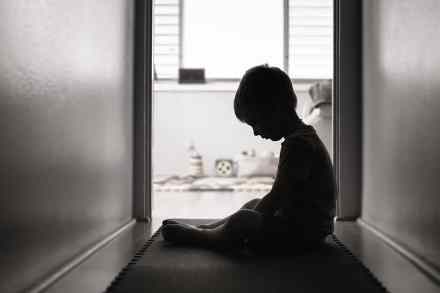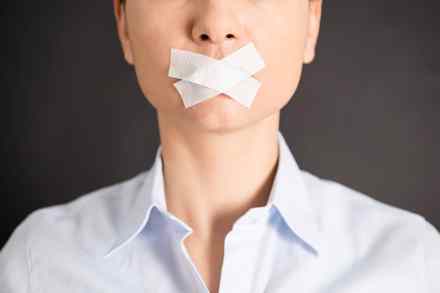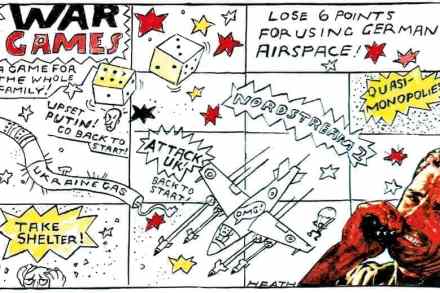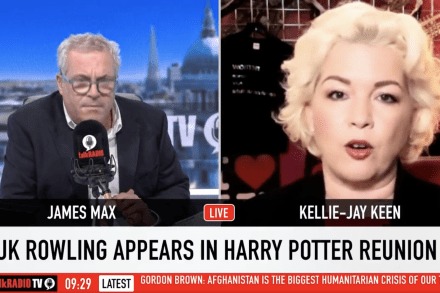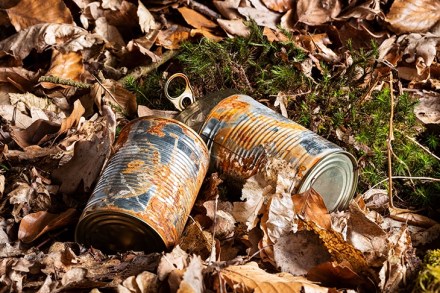Why your more successful friends will drop you
You might have noticed the numerous glowing pieces by friends of Salman Rushdie about their ‘brave’ and ‘brilliant’ friend. I too would like to write a glowing piece about my brave and brilliant friend Salman Rushdie, but there’s one little problem: I’m not a friend of his. In fact I don’t have any famous novelist friends. I used to. There was the occasional lunch with Nick Hornby and the odd debauched evening with Will Self. I’ve drunk whisky with Norman Mailer and smoked pot with Ken Kesey, author of One Flew Over the Cuckoo’s Nest. (And I have a lovely thank-you letter from Edward St Aubyn – does that count?)



